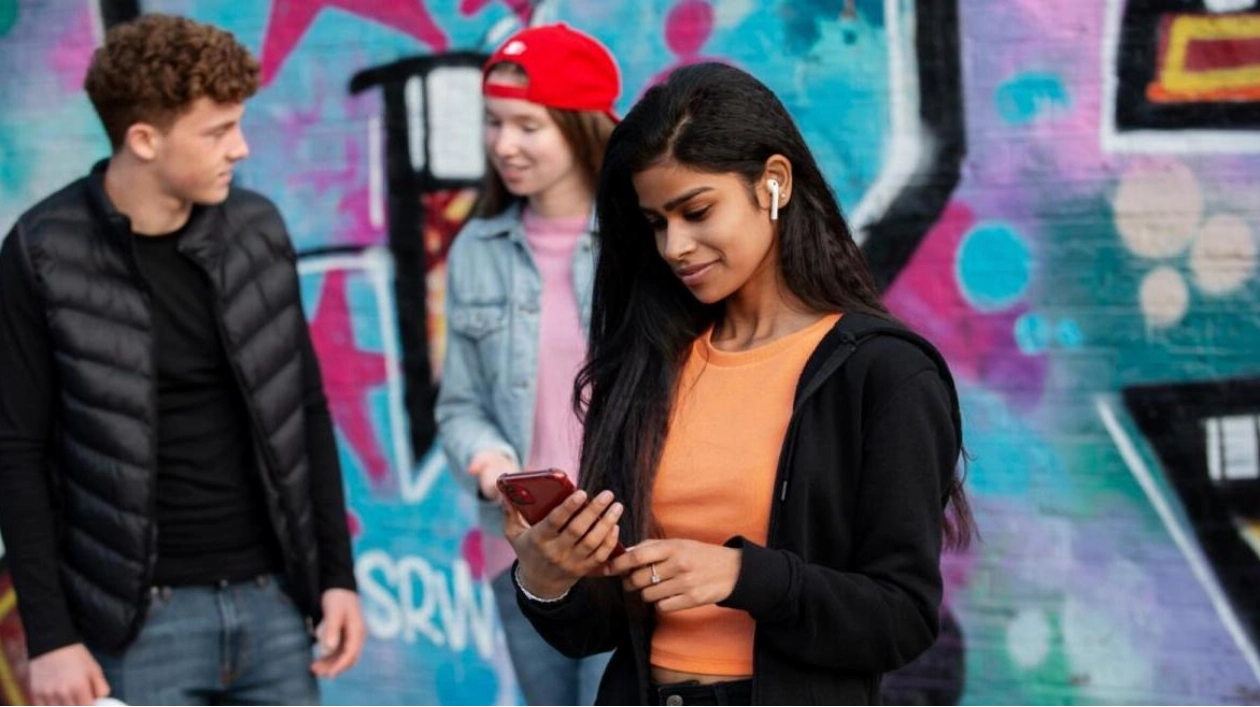Perhaps it was the fear sparked by listening to the extraordinary podcast Sold a Story, or the memory of how many students in my secondary school English class lacked reading confidence, but I felt compelled to check in on younger Gen-Z. The catalyst for this was the realization that the era of Gen-Alpha births is coming to an end, and the youngest Zoomers are now 14. This realization hit me hard, possibly because it made me acknowledge my adulthood, a concept I once thought would feel entirely different.
I discussed this with a friend, a high school teacher in Canada, whom I questioned with some concern about the current state of kids. Are they even capable of reading, or are their minds overwhelmed by social media? Aren't they all hooked on pink bubble gum-flavored vapes? This teacher looked me in the eye and simply said, “The kids are alright.”
I realized I had fallen into the same generational trap as those before me. He explained that kids today aren't fundamentally different from previous generations. “They're ditching social media or their phones entirely,” he said. I argued that social media connectivity has made everyone hyper-aware of global horrors. Instead of debating, he presented the data.
Despite my dislike for spreadsheets, well-defined data has always been comforting to me; graphs and charts are like a roller coaster ride I can enjoy amidst chaos. “Kids aren't reading more or less, and teenagers don't care about social media. They use it as intended.”
With increased support from previous generations—Boomers who remember winning, post-2008 Gen-Xers, and apathetic Millennials—Gen-Z might be better aligned going forward. On every topic discussed, such generational solidarity will be crucial in addressing the world's problems. Issues like AI-driven misinformation, climate change, rising wealth and gender inequality, and ongoing genocides, might not be as insurmountable as they seem.
The world has been made smaller by the internet, and it continues to shrink daily. Justice and progress are emerging beyond the institutions built after the horrors of World War II and the Holocaust, functioning as they should. Economic power is shifting from competition and repression to science-based cooperation to tackle climate change threats, influenced by the supply chain disruptions of the Covid-19 pandemic.
Additionally, the global south is pivoting from collaborating with Western capitalists to forming new partnerships in Asia and the Middle East—a return to pre-colonial conflict export patterns. As a Gen-Z individual without the power to make broad decisions like Gen-X, I believe it's essential to rebuild civil society, which has been fragmented by the internet and a rising rejection of international conventions.
With a united Gen-Z and Gen-Alpha, we can meet intellectually and culturally, paving the way for future generations like Gen-Beta and beyond. It might be possible to reach a consensus on cultural and social issues while fostering productive debates on matters of importance. I hold this hope, all because the kids can read. Go figure.
Source link: https://www.khaleejtimes.com






